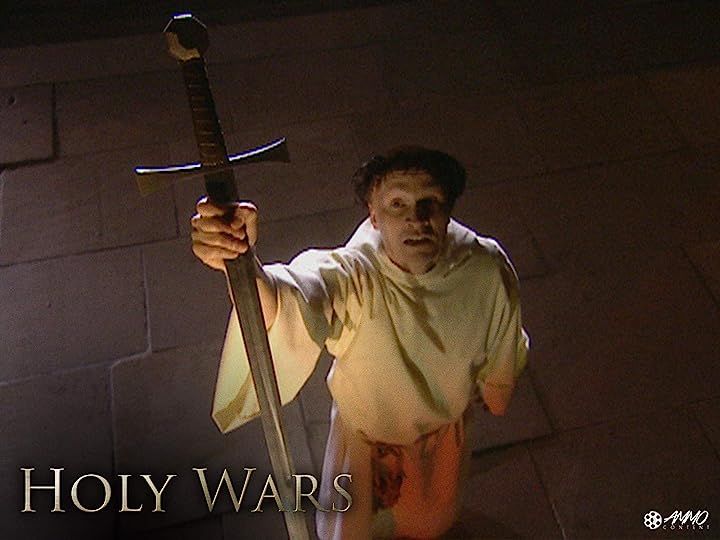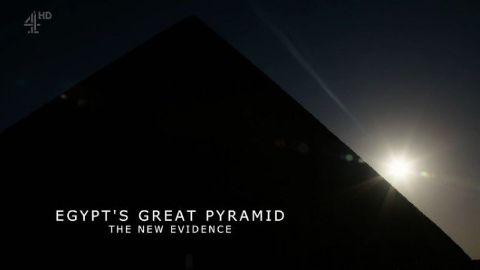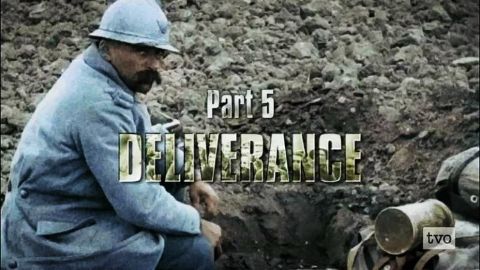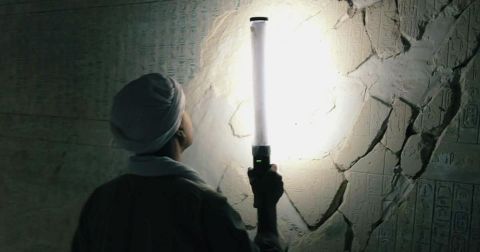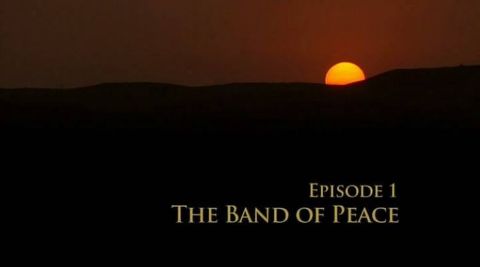In the Name of Allah • 2004 • episode "S1E3" • The Holy Wars: War and Religion
13th Century: After a unique triumph, Islam became the religion of many peoples - from Spain to Indonesia. But there was no Islamic empire, just as there was no Christian empire. Middle Ages meant: small states, wars of princes and tribes against each other. This episode covers the spreading of Islamic and Arabic culture, which was based on the use of military slaves: children of non-Muslim Turkic peoples were trained to become Islamic elite warriors. Their military triumph not only spread war and the new faith, but also advanced culture: medicine, art, architecture, astronomy - a unique blossoming of knowledge, culture and intellectual freedom penetrated as far as Spain. The real threat to Allah's earthly kingdom came not from Europe, but from the steppes of Asia. The Mongols attacked their enemies ruthlessly, devastatingly and invincible. In 1258 AD, Baghdad, the center of Islamic civilization, fell into their hands. Military conflict accompanied the spread of Islam during the Middle Ages. This program reveals the ironies of that union between war and faith: how Islam was adopted rather than marginalized by invading Mongols; how the rise of strict Islamic orthodoxy countered the scholarly advances of Arabic culture, weakening the empire; and how European appreciation of Islamic culture grew after the Christian 'Reconquista' of the Iberian peninsula. Interviews with respected scholars—including Drs. Raif Georges Khoury of the University of Heidelberg and Patrick Franke of Martin Luther University, Halle-Wittenberg—illuminate key developments in Islam's Mediterranean dominance.
Make a donation
Buy a brother a hot coffee? Or a cold beer?
Hope you're finding these documentaries fascinating and eye-opening. It's just me, working hard behind the scenes to bring you this enriching content.
Running and maintaining a website like this takes time and resources. That's why I'm reaching out to you. If you appreciate what I do and would like to support my efforts, would you consider "buying me a coffee"?
Donation addresses
BTC: bc1q8ldskxh4x9qnddhcrgcun8rtvddeldm2a07r2v
ETH: 0x5CCAAA1afc5c5D814129d99277dDb5A979672116
With your donation through , you can show your appreciation and help me keep this project going. Every contribution, no matter how small, makes a significant impact. It goes directly towards covering server costs.

